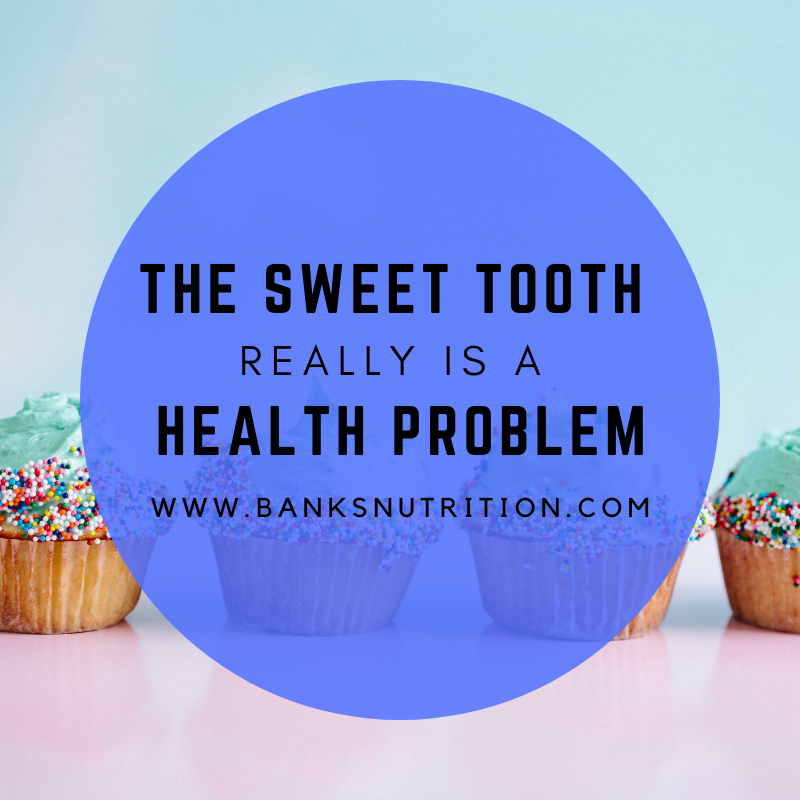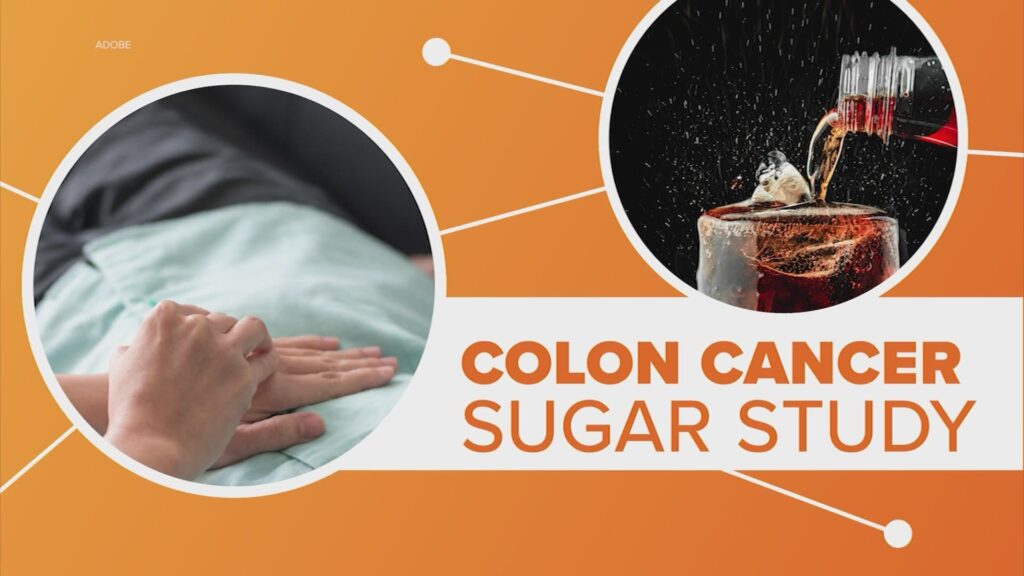
The Sweet Tooth Really is a Health Problem
June 6, 2023

Sugar has been increasingly associated with significant health problems. This is of great concern as the sugar in the diet currently is approximately 8 times higher than that consumed throughout human history. This discussion has centered around it being a major cause of obesity and diabetes, which it is. When sugar consumption exceeds immediate needs, the excess is converted to storage fat triglyceride.
New research has highlighted yet other health problems such as cancer, and this risk is not restricted to sugar but also includes the commonly used artificial sweetener, sucralose. The mechanisms involved in cancer risk are a little different between sugar and sucralose yet both are important.
Early animal studies found that the use of the common sugar, high fructose corn syrup, enhanced the growth of colon cancers. (1) The mechanism relates to the same tendency that drives obesity, the conversion of excess sugar energy to triglycerides which are a chain of 3 fatty acids. It seems the buildup of these fatty acids in precancerous cells promotes cancer cell division and spread by providing fatty acids for their cell membranes.

Another study has looked at the relationship between sugar sweetened beverages and the alarming increase in colon cancer rates in adults under 50 years.(2) Two or more of these beverages daily more than doubled the rates of colon cancer compared to non-consumers. Each serving in teens increased the subsequent risk by 32%.
The suggestion over the past couple of decades over the increased risk of obesity and diabetes has been to switch to artificial sweeteners. This has been problematic in at least two areas. The first is the diabetes concern. The body prepares itself for challenges in multiple ways. To manage sugar, insulin response is needed to signal it into cells for conversion to energy. This increase in insulin is not solely dependent on blood glucose increasing. The taste of “sweet” on the tongue sends a message to the brain to begin insulin secretion in preparation. This response called cephalic (from the head) insulin response occurs simply from “sweet” and not just “sugar”.
Chronic high insulin signaling will lead to insulin resistance where the insulin receptors begin to not respond as well to insulin. Insulin resistance is actually a pre-diabetes phase and is hallmarked by high blood triglycerides as the glucose is less efficiently signaled into cells for energy use and is converted in the liver to storage fat.
Back to the cancer risk, new study has found that a sucralose metabolite, sucralose-6-acetate causes DNA strand breaks which increases the risk of cell transition to a cancerous cell.(3) The study also found sucralose inhibited important cytochrome P450 enzymes, liver detoxification enzymes important in eliminating potentially cancer causing chemicals from the body.
The researchers expressed concern over these multiple negative findings with sucralose, “Overall, the toxicological and pharmacokinetic findings for sucralose-6-acetate raise significant health concerns regarding the safety and regulatory status of sucralose itself.” They describe the effect of sucralose as “genotoxic”.
Sugar and the need for things to all taste sweet developed for all the wrong reasons. Sweet taste activates a brain area that says “oh good, eat more”, not necessarily a message we need much of with our food habits. This brain activity is well understood by the food industry scientists and has led to the progressive adding of sugar to just about everything.
All of the above considered, the only good solution is to wean off of the taste of “sweet” be it real of artificial. It is no different than an addiction to tobacco, a tough challenge to break but completely doable. Read all labels for a while and you might conclude what numerous patients have said to me after undertaking this study, “they are putting sugar/sweetener in almost everything.”
Gonclaves et al. HIGH-FRUCTOSE CORN SYRUP ENHANCES INTESTINAL TUMOR GROWTH IN MICE. Science, 2019;363:6433.
Hur et al. SUGAR-SWEETEND BEVERAGE INTAKE IN ADULTHOOD AND ADOLESCENCE AND RISK OF EARLY-ONSET COLORECTAL CANCER AMONG WOMEN. Gut, 2021;70:2330-2336.
Shiffman et al. TOXICOLOGICAL AND PHARMACOKINETIC PROPERTIES OF SUCRALOSE-6-ACETATE AND ITS PARENT SUCRALOSE: IN VITRO SCREENING ASSAYS. Journal of Toxicology and Environmental Health, Part B, 2023;2213903